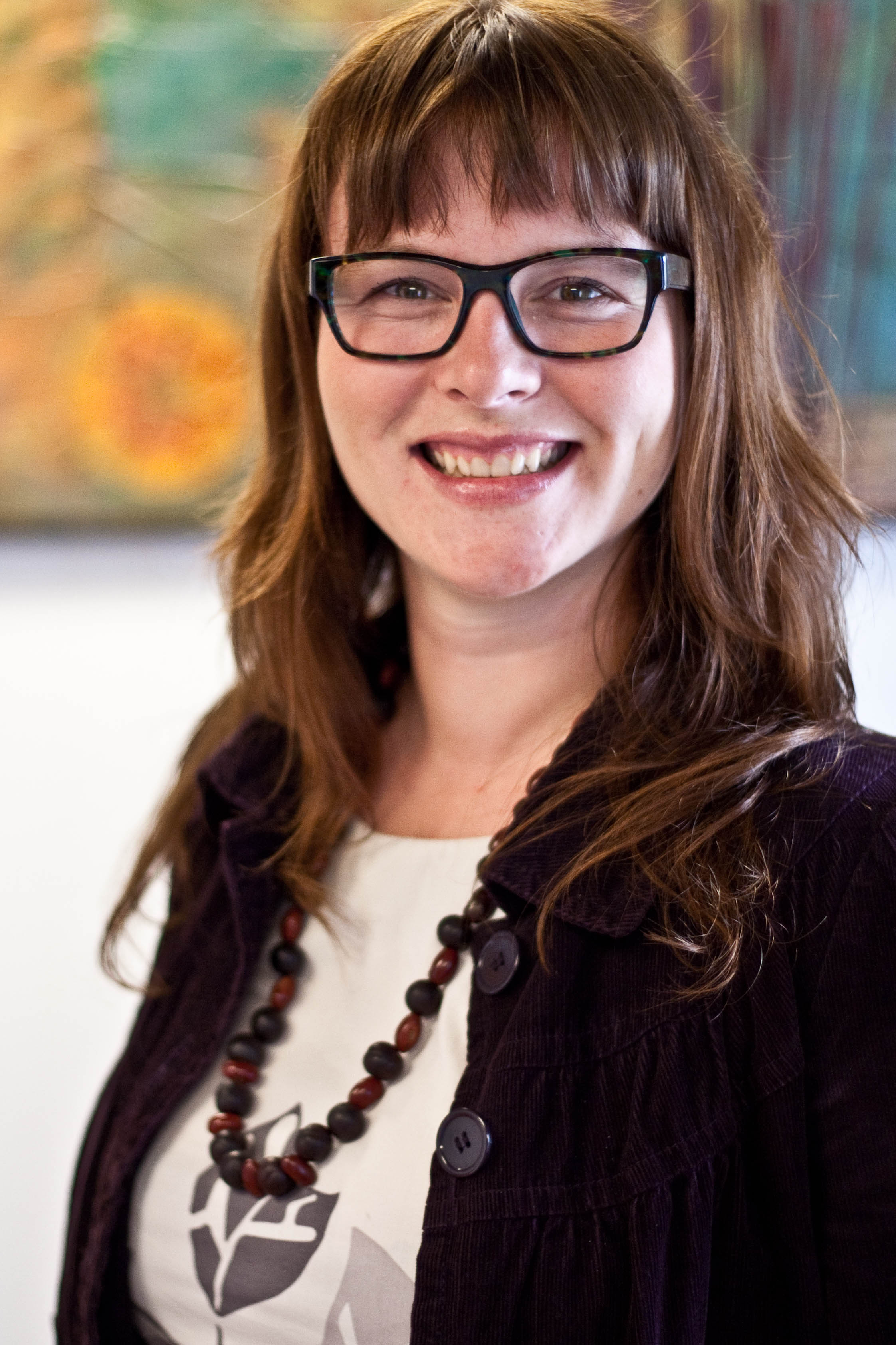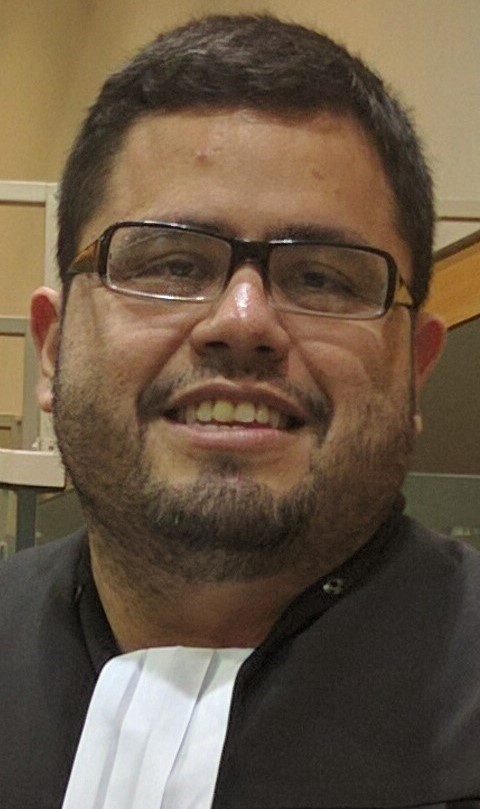Currently available missions
Volunteers are valuable resources for development, and can concretely contribute to the achievement of results.
The available voluntary cooperation missions range from one week to eight months (often renewable). It is also possible to support Canadian volunteers by assuming the role of expert mentors.
Although positions are often available throughout the year, the time periods most favored for recruitment are April and May, as well as November and December.
To learn more about available voluntary cooperation positions, please consult the LWBC page at the following address: http://www.asfcanada.ca/en/become-involved/employment-and-internships
Sought profiles
The LWBC-IBCR consortium focuses its activities on issues related to human rights. To do so, it relies on the expertise of its voluntary legal advisors, but also on communication and management consultants.
When no positions are available, it is also possible to send an unsolicited application.

Voluntary legal advisors

Management consultants

Communication consultants

Mentors
Stories
Volunteers, partners, and beneficiaries share their experience and how it impacted their lives.

Marie-Ève Houde
- Country: Tunisia
- Duration: 2 weeks
Afin de partager son expertise comme conseillère en gestion et développement organisationnel, Marie-Ève Houde est partie en mission de courte durée en Tunisie en tant que coopérante volontaire du PRODEF. Spécialisée en gestion de petites équipes de travail d'ONG internationale, Marie-Ève a travaillé conjointement avec la directrice exécutive de l'Association AMAL pour développer des stratégies et des outils de gestion des ressources humaines. Le travail entre Marie-Ève et la directrice a dépassé les attentes! Une première version de tous les outils souhaités a été terminée et Marie-Ève a quitté la Tunisie en sachant que cette proposition, fruit des efforts mutuels, sera présentée au comité directeur pour sa révision, adoption et mise en place.
« En deux semaines, nous avons non seulement développé une première vision d'un manuel de l'employé, un guide de gestion administratif et financier, différents organigrammes actuel et prévisionnel, un modèle de contrat, un modèle de description de tâches, mais nous avons également réfléchi à la répartition des rôles et responsabilités dans l'équipe et développé un plan de révision, adoption et mise en oeuvre des différents outils développés ».

Armando Acuna
- Country: Guatemala
- Duration: 8 months
Armando Acuna a été conseiller juridique au sein du Bufete de derechos humanos (BDH) à Guatemala en 2015, pour un mandat qui, suite à quelques mois au bureau d’ASFC à Québec, a constitué son stage du Barreau.
« Lors de ma mission au Guatemala, j’ai pris conscience de la quantité de personnes qui ont besoin de se trouver des références sur ce qui se fait ailleurs pour imaginer jusqu’où ils peuvent aller aussi dans leur travail collectif. Cela m’a convaincu de l’importance de partager notre savoir dans une autre communauté. De plus, pour un jeune juriste, la coopération volontaire représente une occasion incontournable pour voir ce qui est réellement la pratique du droit humanitaire sur le terrain ».

Andrée-Anne Perrault-Girard
- Country: Honduras
- Duration: 8 months
Andrée-Anne Perrault-Girard a été conseillère juridique volontaire au Honduras en 2015, auprès de l'organisation partenaire Comité de Familiares de Detenidos – Desaparecidos de Honduras (COFADEH).
« Ouverture sur l’autre, ouverture sur le monde, immersion complète, chance unique d’avoir une vie complète et parallèle à celle toujours vécue sans aucun repère. Si vous jugez que donner deux dollars à une personne dans le besoin qui vous touche est un geste qui vous rend fière de qui vous êtes et de vos gestes, imaginez laisser tomber votre confort, vos habitudes et votre monde pour une cause plus grande que vous-même. Une cause qui a besoin d’une collectivité pour naître et survivre et auxquelles vous pouvez faire partie pour un moment ou pour toujours, car on va se le dire, on ne termine jamais vraiment un contrat de coopération volontaire. L’accepter c’est embrasser un mode de vie et admettre que ta vision du monde sera à jamais changée. Accepter un tel mandat signifie donc un défi immense, beaucoup de difficultés, mais aussi une foule d’opportunités encore inconnues et une grande fierté aussi simple que celle de réussir à s’adapter à une culture totalement différente ».
Frequently asked questions
Q
R
Voluntary cooperation is a mechanism by which, in the spirit of capacity reinforcement and international solidarity, human resources are deployed, on a voluntary basis and within a structured framework, for the completion of specific mandates that cater to the needs of partner organizations. Voluntary cooperation is designed as a mutual exchange—bilateral or multilateral—of knowledge, expertise and experience for the purposes of sustainability.
Q
R
Those who are interested submit their application for a specific position or send an unsolicited application (including a résumé and a motivation letter). Selected candidates are then contacted for a telephone interview and must complete a written exam. After the exam, in-person interviews are conducted and the references provided by the selected candidates are contacted. Before confirming an applicant’s selection, the local partner organization is consulted. The pre-departure training is also a step in the selection process, which means that the Consortium reserves the right to cancel a mission if the selected candidate does not successfully complete this step.
Q
R
All costs related to the deployment and the training are covered under the program:
- Transportation to get to the location of the training, if necessary;
- Daily allowance during the training, if necessary;
- Round-trip plane ticket;
- Visa, if necessary;
- Vaccines, if necessary;
- Housing allowance (the amounts vary depending on the country of deployment);
- Allowance covering food, local transportation and insurance (the amounts vary depending on the country of deployment);
- A reintegration grant only for the volunteers staying for more than 12 months in the field (the amounts vary depending on the duration of the stay).
*** Candidates for the internship with the École du Barreau du Québec are subject to the same conditions as the other volunteers. If a candidate of the École du Barreau du Québec is selected, he or she will be granted a scholarship of $15 000. The costs covered under the program will then be adjusted accordingly.
Q
R
When the security context allows it, a selected candidate can be accompanied by his or her spouse and/or a family member. However, costs related to the company of a spouse or family member are not covered.
Q
R
The allowance received by the volunteers does not constitute a salary. It is an allocation to cover the costs related to the deployment.
Q
R
To be deployed to a Spanish-speaking country, it is necessary to be able to speak and write Spanish properly. Having said that, a perfect command of Spanish is not required.





